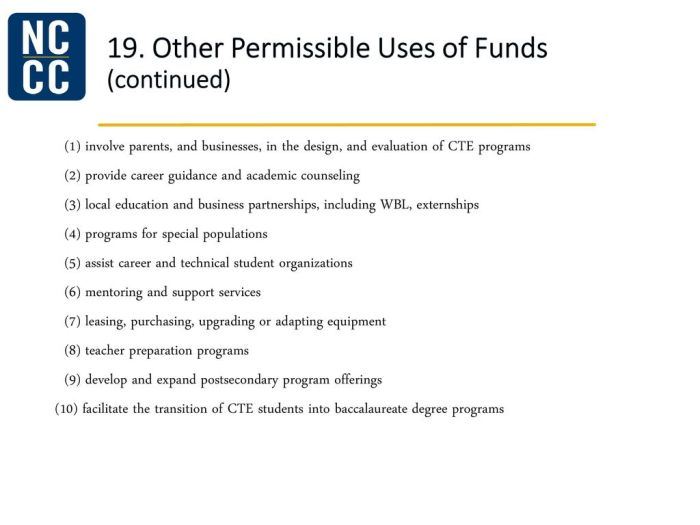How do the teks prepare elementary students for postsecondary opportunities – In an era of rapid technological advancements and globalization, it is imperative to equip elementary students with the skills and knowledge necessary to thrive in postsecondary education and beyond. The Texas Essential Knowledge and Skills (TEKS) play a pivotal role in preparing young learners for the rigors of higher education and the demands of the modern workforce.
Through a comprehensive curriculum that emphasizes critical thinking, communication proficiency, technological literacy, global perspective, and real-world connections, TEKS lay the foundation for students to become well-rounded individuals who are ready to succeed in college, career, and life.
How TEKS Develop Cognitive Skills

TEKS foster critical thinking, problem-solving, and analytical reasoning skills by emphasizing higher-order thinking tasks. Students are expected to analyze information, draw inferences, and evaluate evidence to form their own conclusions. TEKS-aligned activities include:
- Inquiry-based learning projects
- Problem-solving exercises
- Argumentative essays
By engaging in these activities, students develop the ability to synthesize information, make informed decisions, and solve problems effectively.
TEKS and Communication Proficiency: How Do The Teks Prepare Elementary Students For Postsecondary Opportunities
TEKS promote effective communication skills by setting high standards for reading, writing, speaking, and listening. Students are required to express themselves clearly and persuasively in both written and oral formats. TEKS-based assignments include:
- Persuasive essays
- Oral presentations
- Collaborative writing projects
Through these assignments, students develop their ability to communicate their ideas effectively, collaborate with others, and build teamwork skills.
TEKS and Technological Literacy

TEKS integrate technology into the curriculum to prepare students for a tech-driven world. Students learn to use technology for research, problem-solving, and communication. TEKS-aligned lessons include:
- Research projects using online databases
- Coding and programming activities
- Virtual simulations and online learning platforms
These lessons develop students’ digital citizenship and online safety awareness, ensuring they are prepared to navigate the digital landscape responsibly.
TEKS and Global Perspective

TEKS broaden students’ understanding of diverse cultures and global issues by incorporating multicultural perspectives and international content. TEKS-based projects include:
- Cross-cultural research projects
- Global simulations
- Cultural exchange programs
These projects foster cross-cultural awareness, empathy, and an understanding of the interconnectedness of the world, preparing students to engage in a globalized society.
TEKS and Real-World Connections

TEKS connect learning to real-world experiences by emphasizing project-based learning, internships, and community service. TEKS-aligned assignments include:
- Science fair projects
- Community service projects
- Internships in local businesses
These experiences provide students with opportunities to apply their knowledge and skills to real-world problems, develop adaptability and resilience, and prepare for future careers.
User Queries
How do TEKS foster critical thinking skills in elementary students?
TEKS incorporate activities and assignments that encourage students to analyze information, solve problems, and make informed decisions. These activities develop students’ ability to think critically and apply their knowledge to real-world situations.
In what ways do TEKS promote effective communication skills?
TEKS emphasize reading, writing, speaking, and listening skills throughout the curriculum. Students engage in discussions, presentations, and writing assignments that enhance their ability to communicate their ideas clearly and persuasively.
How do TEKS prepare students for a tech-driven world?
TEKS integrate technology into the curriculum, providing students with opportunities to use technology for research, problem-solving, and communication. This prepares them for the technological demands of higher education and the workforce.

